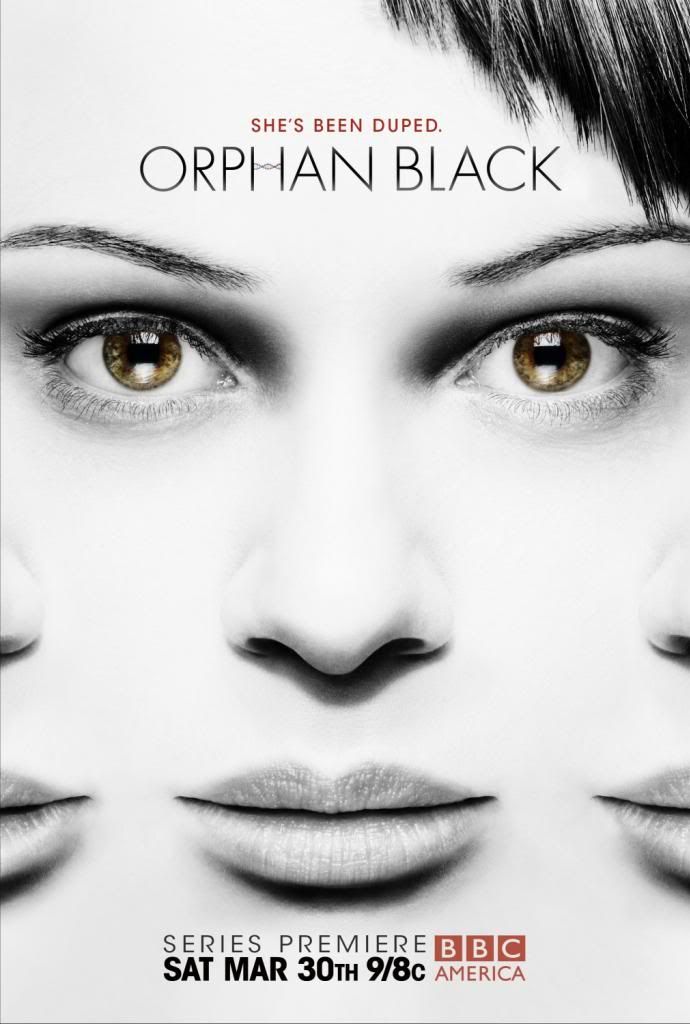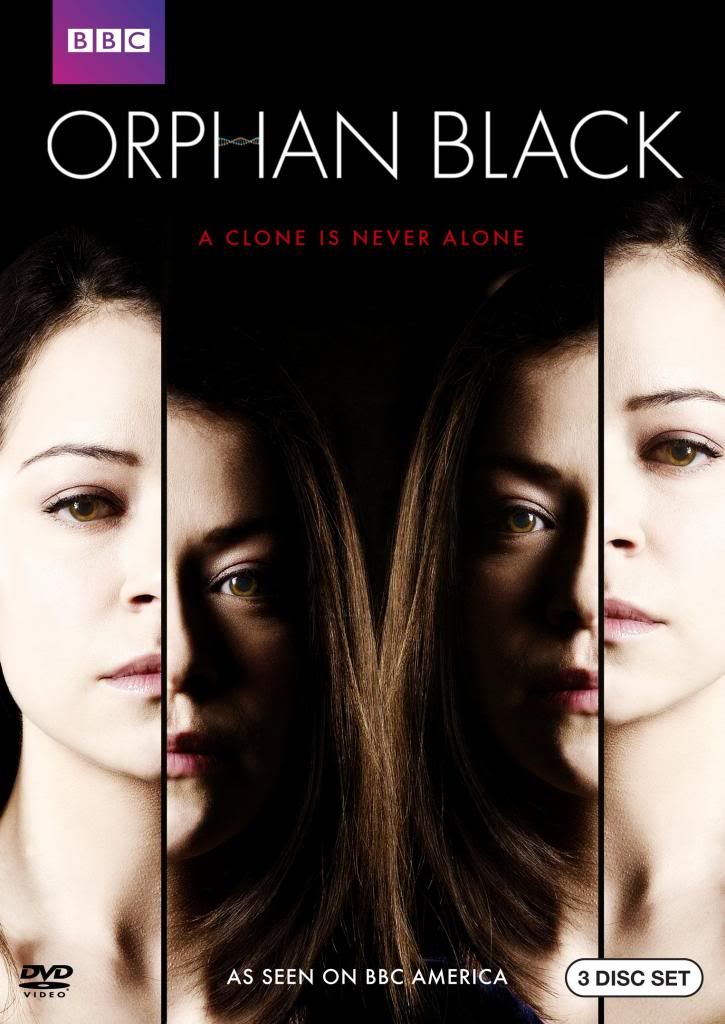On June 1st, the BBC announced that Matt Smith would be leaving Doctor Who,
paving the way for another actor to don the bow tie (or another
ostensibly “cool” accessory). Immediately, suggestions began pouring in,
and many of them called for the Beeb to take this opportunity to make
some real changes. The show has been deservedly criticized for its
sexism and racism, and a number of disenchanted fans want to see the
white, male Doctor regenerate into a woman, a person of colour, or both.
(My vote is for Lenora Crichlow.) WhatCulture! even posted a half decent, half gimmicky list of women who could play the part.
The
best suggestion, however, came from Tumblr user Spiffymuffin, who joked
that Tatiana Maslany should play the twelfth Doctor... and the
companion... and the aliens... and the audience. Maslany, who plays
multiple roles on the BBC America/Space joint production, Orphan Black,
has become the subject of a meme the likes of which the Internet hasn’t
seen since we learned the facts about Chuck Norris. Where once we
asserted that “Chuck Norris doesn’t sleep. He waits,” now we claim that,
while “factory workers worry about being replaced by machines, actors worry about being replaced by Tatiana Maslany.” However, the show is
worth watching for so much more than Maslany’s masterful performance(s).
Orphan Black
tells the story of Sarah Manning, a small-time criminal who steals the
identity of a woman whose suicide she witnessed. Because the recently
deceased Beth Childs looks just like her, Sarah slips into her life
nearly undetected, only to find herself having to deal with the problems
Beth killed herself to escape. As if that weren’t enough, Sarah quickly
learns that there is a reason why she and Beth are identical: they, and
at least seven other women, are clones.
It’s not difficult to see why Doctor Who fans who are tired of the show’s sexist shenanigans would want to borrow a little of Orphan Black’s
feminist magic. While the first episode is a bit dude-heavy, the
introduction of a whole host of clones, as well as several other women
not played by Tatiana Maslany, quickly turns the show into an oasis of
complex female characterization. In an interview about the show, Maslany
points to the quality of the women’s roles as what drew her to the project:
The wonderful thing about this show is that each of the clones has their own voice. They’re not just cannon fodder. They’re not just expendable. They’re completely their own human being. And so, for me, I was salivating at the challenge to get to play all these characters and define each of these women because each of them are so well written. You could have a series about each of them. They’re so complex and human and funny and dark.
While other shows struggle to represent even one or two women as complex, flawed human beings, Orphan Black makes the complexity, the flaws, and the humanity of its female characters the focus of the show.
There’s a lot more to say about the show’s portrayal of women and women’s issues, but, as one poorly written female character on Doctor Who would say, “Spoilers.” What I will say, however, is that Orphan Black is well worth your time. Even if Tatiana Maslany can’t play every character on every show, it would be wonderful to see Orphan Black’s approach to female characters replicated across both individual shows and entire networks.


No comments:
Post a Comment